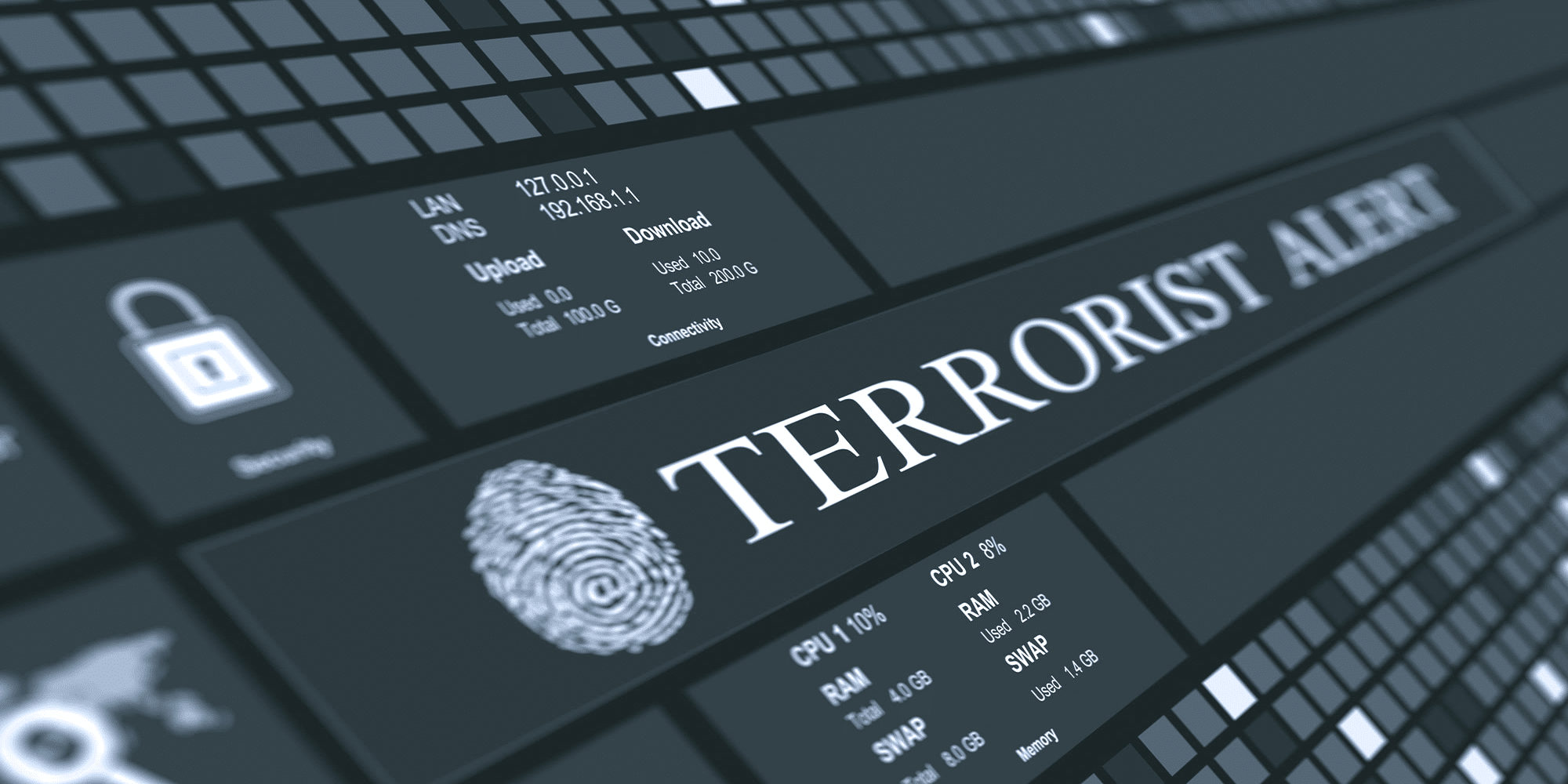The former head of the Islamic Community of Bosnia & Herzegovina, Mustafa Ceric, used the current crisis in B&H to issue a thinly-veiled threat to Europe and Russia, claiming that Muslims throughout Western Europe and Central Asia will resort to violence in response to tensions in B&H.
In his warning, Ceric said “I want to send President Putin a message. Does President Putin think that the Muslims of Chechnya, the Tatars, the Muslims of Azerbaijan, of Uzbekistan, and other (non-Arab) Muslims will peacefully observe [new massacres of Bosnian Muslims]. Mr. Putin, they will not standby peacefully, and they will not peacefully watch that. I would also like to give a message to Macron, to Europe, that what is happening regarding Bosnia should be a wake-up call. Does Macron think that the Muslims of France will peacefully watch a genocide take place in Bosnia? They will not.”
Ceric, who throughout his career has tried to portray himself as a moderate to Western publics, has in reality been one of the more extreme Islamic clerics in B&H. In 2009, after Ceric publicly called for B&H to be turned into a “Bosniac national state,” a cable from the U.S. Embassy in Sarajevo noted the duplicity Ceric frequently exhibits in his public life, claiming that “Ceric once again demonstrates his willingness to use the language of “peaceful coexistence” to the West, and more Islamically-minded, politically-targeted, and nationalist language among his more conservative followers . . . Ceric continues down the unconstructive path of catering to the most narrow-minded segments of the Bosniak population.”

Mustafa Ceric (front row, third from right) at the Sarajevo commemoration for Iranian general Qasem Soleimani, assassinated in a U.S. drone strike at Baghdad Airport in January 2020. Seated to Ceric’s left is Hasan Cengic, long considered by U.S. intelligence officials to be the leading Iranian agent in B&H.
Ceric has frequently been a proponent of the view that there is an unbridgeable gap between Muslims and Christians in Bosnia & Herzegovina. On one occasion, for instance, Ceric criticized a Bosnian Muslim family for hiring a Christian lawyer, because according to Ceric “Christians cannot understand Muslims.” Ceric has also been a vehement opponent of marital unions between Bosnian Muslims and Croat and Serb Christians, claiming that mixed marriages “are just another form of genocide” against the Bosnian Muslims. Ceric has called Israeli policy in Gaza “genocide,” and has claimed that his critics are frequently “judeocentric.”
In the aftermath of the horrific killing/dismemberment of Saudi journalist Jamal Khashoggi in the Saudi embassy in Istanbul, instead of denouncing such a brutal act of violence, Ceric immediately took to defending Saudi Arabia, arguing that criticism was “a vicious campaign against [the Kingdom of Saudi Arabia] in order to harm its reputation & to distablize (sic) its tranquility and prosperity . . . I believe that [the Kingdom of Saudi Arabia] is strong enough to withstand all this, in Sha Allah!”
One of the most damaging aspects of Ceric’s influence in B&H was his decision to ignore the growth of radical Wahhabi influence in the country. U.S. diplomats would note that Ceric would dismiss any concern over the spread of the Wahhabi movement in B&H as “Islamophobia,” and added “When addressing issues of Wahhabi influence in Bosnia or charges of pedophilia by imams, Ceric has consistently offered a knee-jerk reaction of labeling critics “Islamophobes,” whether Christian or Muslim, suggesting that such criticism is itself part of a continuing ‘genocide,’ . . . “
Thanks in part to the permissive attitude of people like Ceric, B&H would go on to provide the highest number of jihadi volunteers for the Islamic State of any country in Europe.


